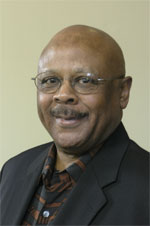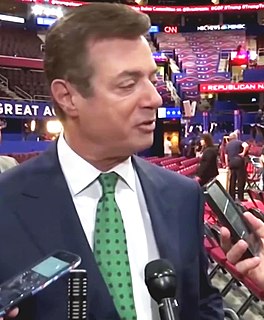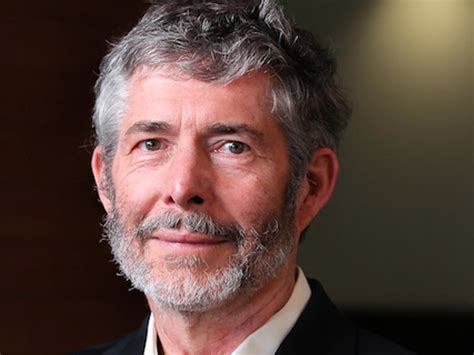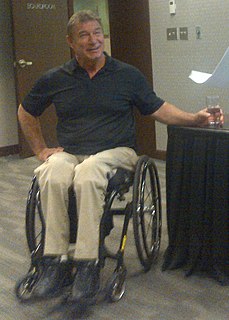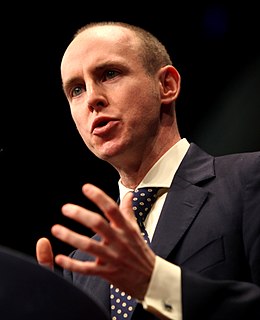A Quote by Rick Bragg
Most national correspondents will tell you they rely on stringers and researchers and interns and clerks and news assistants.
Quote Topics
Related Quotes
[T]here's a good reason to stay pessimistic about deficits as far as the eye can see. It's called the 'news' media. Legislators who want to get re-elected will clearly want to avoid any spending decision that will create bad national publicity, and our news media, the manufacturers of bad national publicity, will send crying victims down the assembly line at the slightest thought of a social spending cut or freeze. Exhibit A is Sen. Jim Bunning.
The media is the only business in the world where the customer is always wrong. If you're a news consumer, if you're a customer, and you complain to them, they will tell you that you are not sophisticated enough to understand what they do, and they're tell you to go listen or watch somewhere else. They're not even really doing the news for you. They're doing news for other journalists and other people in government because that's their real audience.
For interns at 'The Weekly Standard' or 'National Review,' where the martial instinct finds its most insistent voice, what Robert Kagan calls the military 'career path' is not widely seen as a plausible future. Pulling a trigger is what Jose, Tyrone, and Bubba do, not early admission students at the better private universities.
Thanks to the ongoing support of the Government of Ontario, RHF, in partnership with the Ontario Neurotrauma Foundation, has galvanized Ontario’s best researchers, clinicians and scientists to accelerate the translation of the most promising research into practical solutions. This commitment enables the ongoing leveraging of federal, provincial and private sector funds to allow Canadian SCI researchers to embark on a national and global collective journey towards making a difference in the lives of people with spinal cord injury and other disabilities.
Political reporters no longer get to decide what's news. The days when a minister gave briefings to a dozen lobby correspondents, and thereby dictated the next day's headlines, are over. Now, a thousand bloggers decide for themselves what is interesting. If enough of them are tickled then, bingo, you're news.




